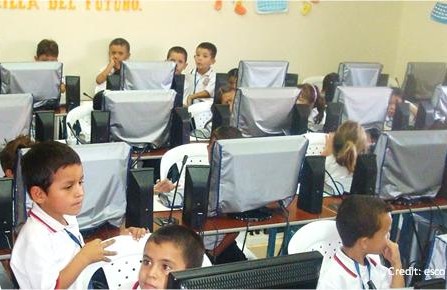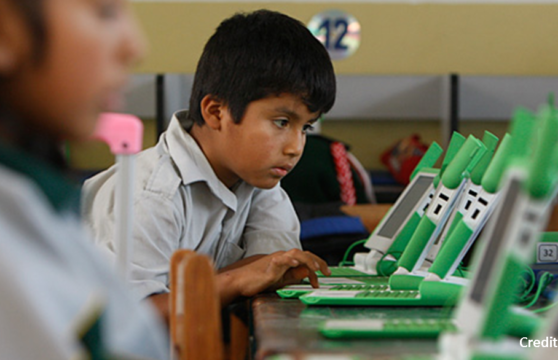
“Todos a Aprender”: Colombia Puts Learning at the Center of its Education Policy
What Columbia is doing to improve its education quality.
This post is also available in: Spanish
A recent article in The Economist speculates that, after many years of limited progress, education technology may finally be on the verge of producing significant improvements in learning, as well as radically changing the way schools function.
It notes the growing interest in “blended learning” programs, in which students learn at least a part of their material through online content and instruction, and in “flipped classrooms,” where students first study topics by themselves via videos or computers, and then work with teachers in classrooms to apply what they have learned. Crucial to this progress has been the development of “adaptive learning,” through which a computer program continuously measures children’s learning, and uses that information to adjust the material and exercises provided. The requirement by the No Child Left Behind Act to measure student learning in U.S. public schools has also prompted school systems to increase their emphasis on technology.
Determining which combinations of which technologies are cost-effective remains a challenge. There is also significant resistance from teachers unions who fear that technology will bring more oversight by managers, and fewer jobs for teachers. But the combination of increasingly sophisticated technology, extensive experimentation and falling costs may soon fulfill the payoff that has long been promised by such education technologies as radio, television, films, computers and CD-ROMs, but not yet delivered.
What Columbia is doing to improve its education quality.
Series that focuses on using Information and Communication Technologies (ICT) in education policies and programs.
Study on the potential for and limits to learning associated with the One Laptop per Child program in Peru.

